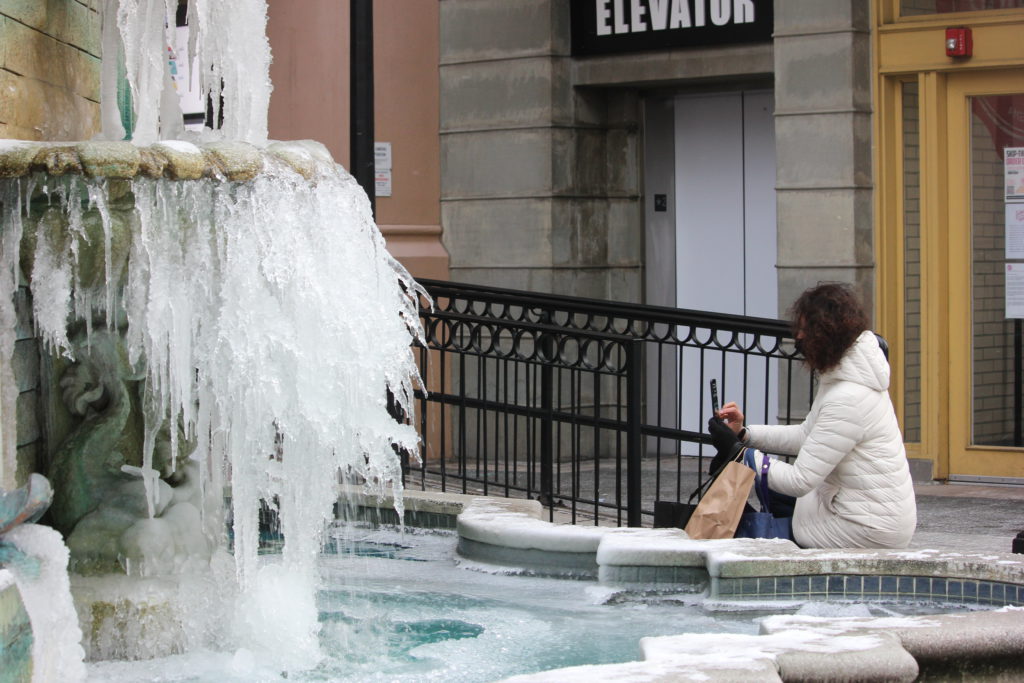
As temperatures dip across British Columbia, electricity demand is rising with consumption reaching never-before-seen levels, according to BC Hydro.
The peak hourly electricity demand, or the hour customers use the most electricity, reached 10,900 megawatts between 5 p.m. and 6 p.m. Wednesday, Dec. 21, breaking records for the second time this week, the company says.
“The extreme cold has British Columbians turning up the heat and, as a result, we are experiencing record-breaking electricity demand,” said Susie Rieder, a spokesperson for BC Hydro, in a release Thursday.
An arctic front pushing frigid air south extended over B.C., where most of the province is shivering under extreme cold or arctic outflow warnings.
More than a dozen daily minimum temperature records were set Tuesday, including -47 degrees Celsius west of Williams Lake, while the arctic outflows were numbing usually balmy areas such as Victoria and Metro Vancouver where wind chill values were forecast to reach -20 C.
“Last night’s consumption was more than 15 per cent higher than the peak hourly demand recorded last Wednesday before the cold snap began,” added Rieder.
Before this week, the all-time consumption record was set in December 2021 at 10,762 megawatts, but on Monday the record was broken at around 10,800 megawatts before being surpassed again on Wednesday, BC Hydro explains.
Yet the company isn’t worried and says it will continue to be able to meet the demand for electricity, which is expected to be at its highest in the darker winter months, thanks to its large integrated hydroelectric system.
Customers should reduce electricity usage when possible and manage home heating actively by setting the thermostat at 16 C when sleeping or away from home; 18C when doing housework or cleaning; and 21C when relaxing or watching TV, according to BC Hydro.
The company also recommends keeping windows covered with blinds and drapes for an extra layer of insulation and draftproofing homes by using caulking and weather stripping to seal gaps or cracks around doors, windows and outlets.
Record smashed! For the second time this week, electricity demand in #BC reached a new high. Yesterday evening between 5 and 6 p.m., peak hourly demand was over 10,900 megawatts – the highest ever recorded. See more: https://t.co/fh4qUOWsS3 pic.twitter.com/C9RdLfWXhP
— BC Hydro (@bchydro) December 22, 2022
With files from The Canada Press




